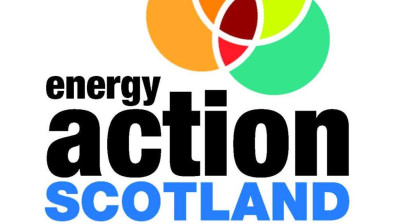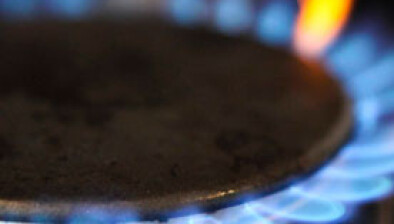 Fuel poverty charity Energy Action Scotland has called for the next UK government to implement three action points to ensure the UK can reach the point where domestic energy is an affordable commodity for all and housing is energy efficient.
Fuel poverty charity Energy Action Scotland has called for the next UK government to implement three action points to ensure the UK can reach the point where domestic energy is an affordable commodity for all and housing is energy efficient.
In a briefing note published ahead of next month’s general election, the charity said living in a warm, dry home is “a basic necessity and essential to health and wellbeing”.
It argues that too many people across the UK are struggling to reach this standard and instead are falling into fuel poverty and so are cold at home and are making impossible choices that mean they go without basics such as food.
Despite fuel poverty being an issue which is devolved to each of the UK nations, Energy Action Scotland said it is important to note that energy policy is a matter reserved to the UK government.
Moreover, the major main energy efficiency programme delivered via the energy companies is set by the UK government, while many social security benefits and other initiatives, such as the Warm Home Discount, that provide essential financial support to people on low incomes are also reserved to Westminster.
The charity has therefore called for the following actions at a UK level:
Action Point 1
Provide support to reduce energy demand through increased energy efficiency
Even when the Energy Company Obligation (ECO) is devolved in 2018 to the Scottish Government, its scope and framework will still be set by the UK Government. ECO has been a significant contributor to the delivery of domestic energy efficiency measures and it is therefore important that this scheme continues and indeed is brought back up to previous levels of activity. The smart meter rollout across GB gives a major opportunity to bring about on-going behavioural change in energy use but this will only be achieved if accompanied by effective information about the use of In Home Displays. In particular, vulnerable people need to be supported well. Action Point 2
Provide more effective support to vulnerable and low income consumers
The Warm Home Discount provides a welcome financial support to a range of vulnerable consumers and to older people in particular and so should be continued. However, there may be other groups also in need of such support. It is also essential that the Industry Initiatives element is both retained and encouraged as it has been successful in filling gaps in other provision in order to support more vulnerable people in or at risk of fuel poverty. The Winter Fuel Payment and Cold Weather Payments (due to be devolved in future) have been shown to provide welcome tax-free help towards paying for heating bills and so should be continued. New powers in the Digital Economy Act should be used to assist in identifying and providing automatic help such as rebates to those who are most in need through low income. Too many people who are eligible for benefits are not claiming them and this needs to be addressed through better information and more advocacy services to help claimants through the process. Action Point 3
Build UK-wide recognition of the impact of cold homes on health
Energy Action Scotland and NEA in England, Wales and Northern Ireland believe a joint ministerial summit, with representatives from across all four nations’ governments, should be held by winter 2017-2018. The outcome of this should include a joint public commitment formally recognising the importance of cold homes as a key determinant of ill-health. The summit should also seek to establish a UK-wide taskforce to review actions being taken and examples of good practice across the nations.
 Fuel poverty charity Energy Action Scotland has called for the next UK government to implement three action points to ensure the UK can reach the point where domestic energy is an affordable commodity for all and housing is energy efficient.
Fuel poverty charity Energy Action Scotland has called for the next UK government to implement three action points to ensure the UK can reach the point where domestic energy is an affordable commodity for all and housing is energy efficient.






